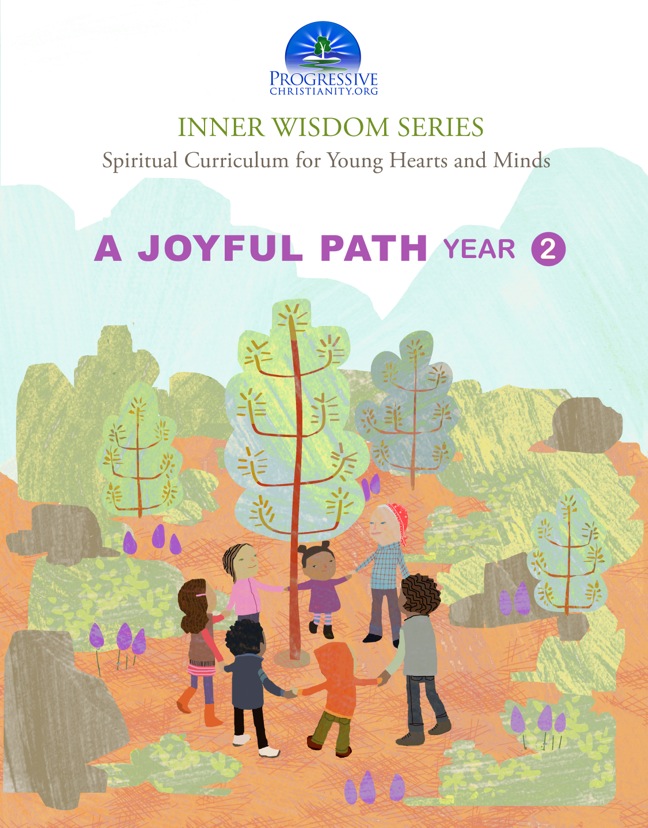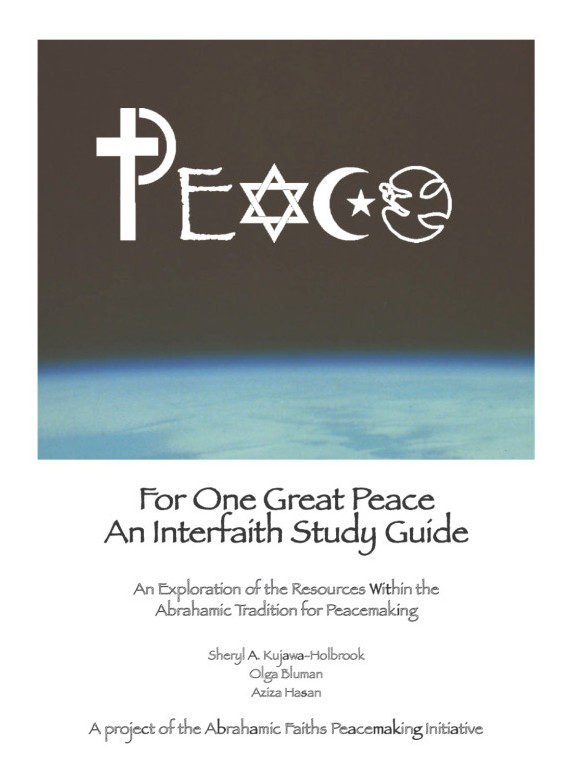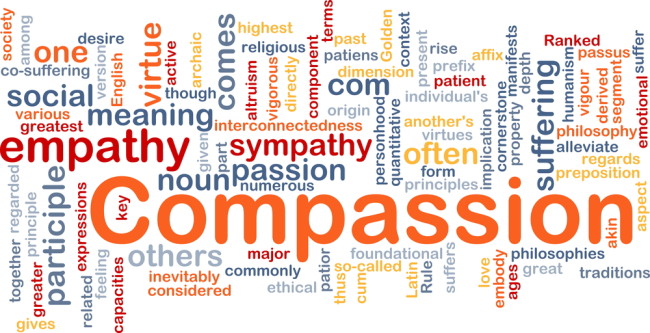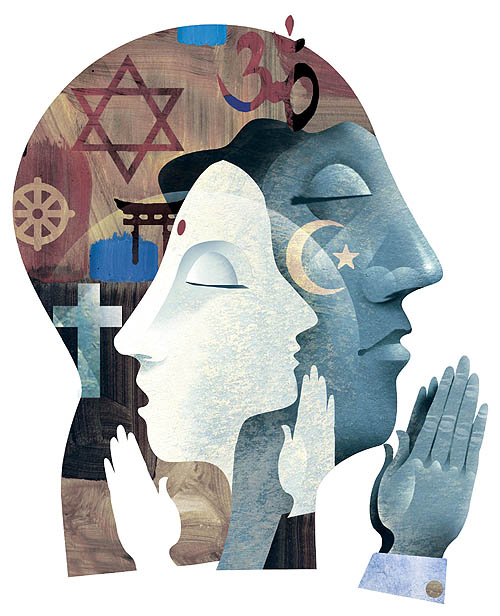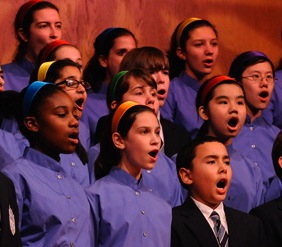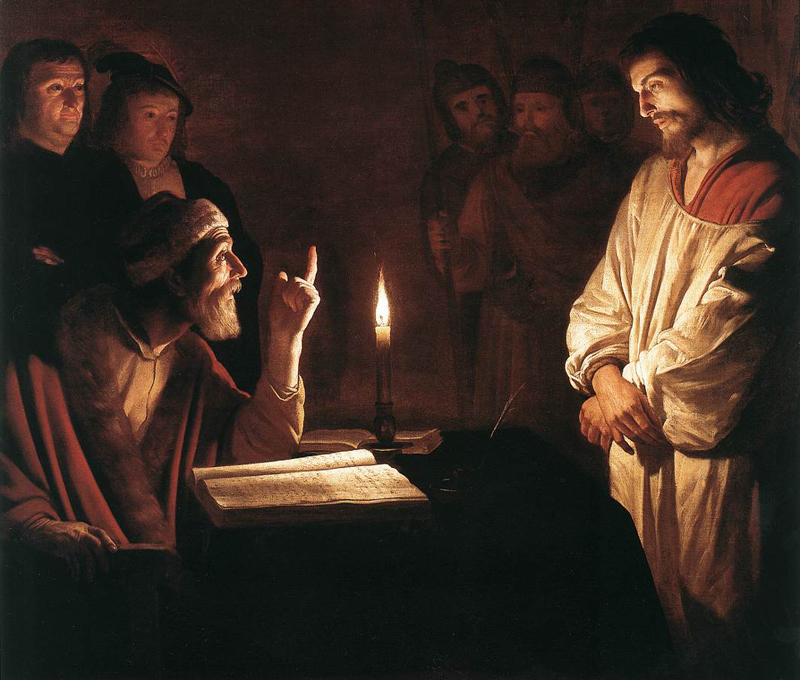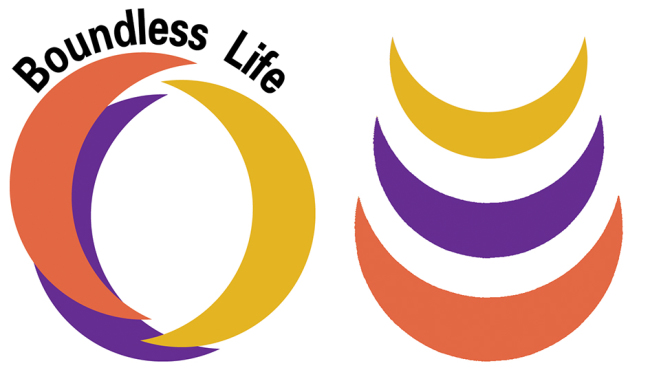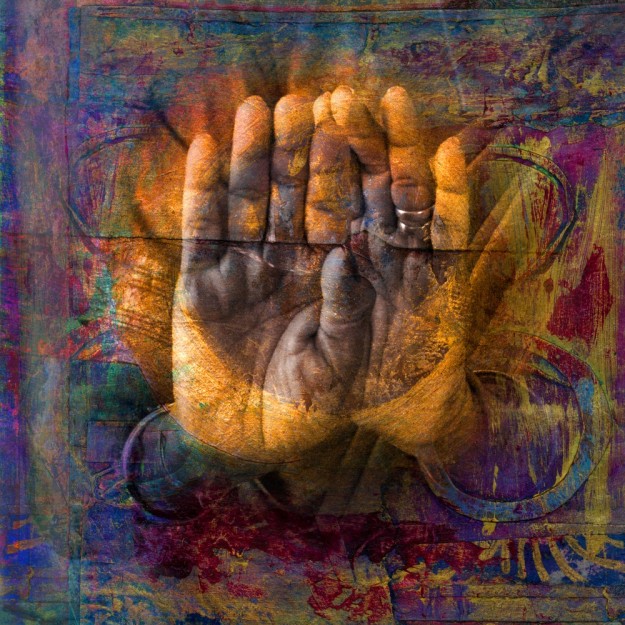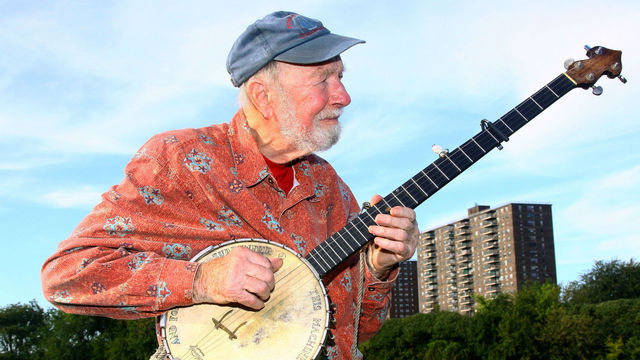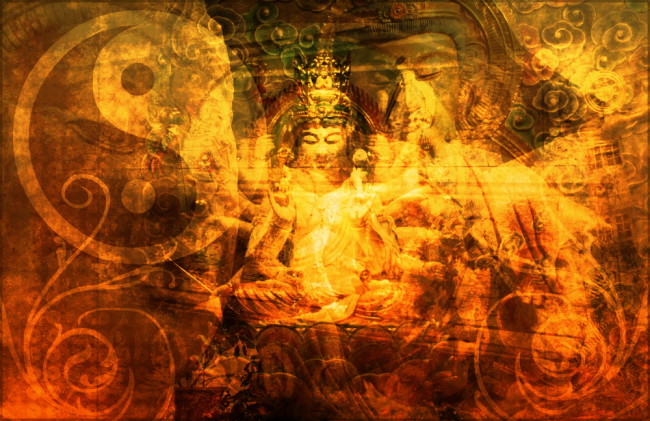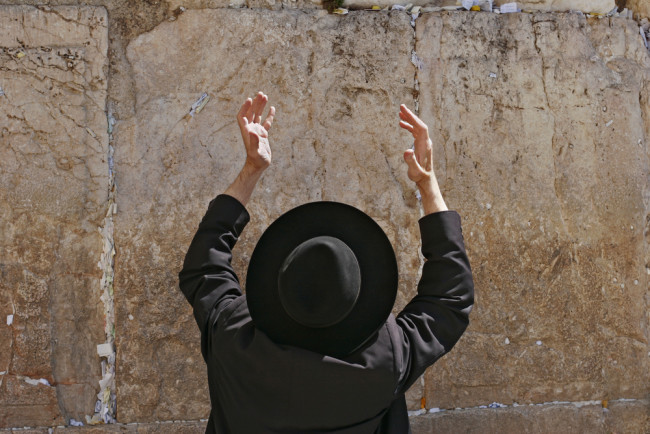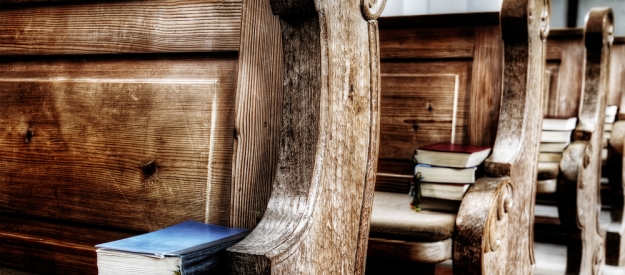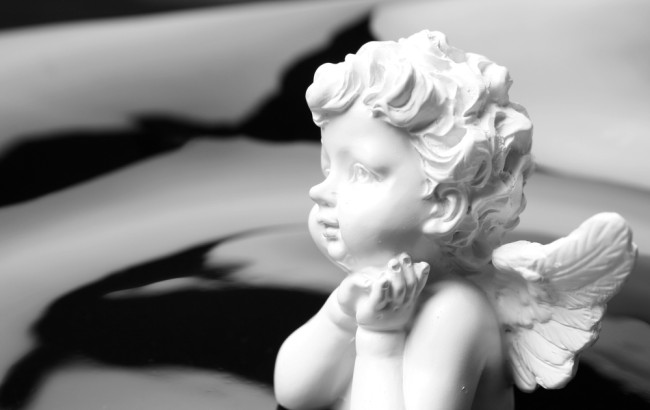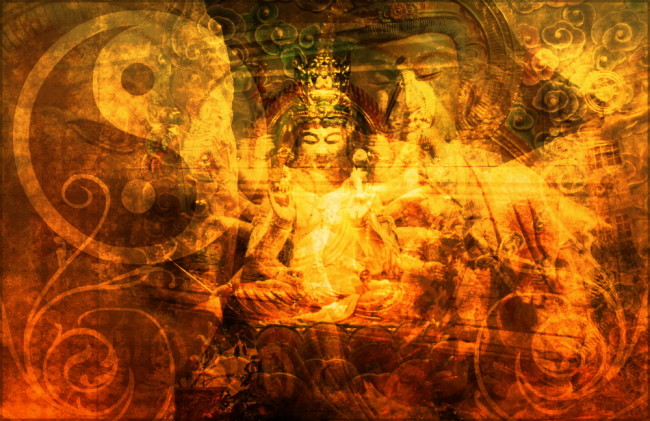In A Joyful Path, Year Two, we focus on some of the main tenets of Progressive Christianity and Spirituality, giving our children the foundation they need to walk the path of Jesus in today's world. It has stories and affirmations written to help children clarify their own personal beliefs while staying open to the wisdom of other traditions.
Pluralism challenges us to move beyond all four of these responses to the other. As Pete puts it, “… in a genuine encounter with the other, at first I see you as weird and monstrous.
We have barely begun to deal with the fundamental changes that must be effected within our Christian faith. – John Cobb(1) So
Here I offer some basic guidance about how people of different faiths can engage with each other in meaningful and productive ways. This advice is the product of 36 years of interfaith work, culminating in my present job as Associate Dean of the Office of Religious Life at the University of Southern California.
most free online
These curricula can be used with a broad range of constituencies including schools, youth groups, universities, community groups and grassroots interfaith organizations. And these resources address a broad range of issues including education, social justice, ecology, peace-building, conflict-resolution, spirituality, diversity and global consciousness.
Interfaith peacemaking cannot be limited to a religious “program.” Rather, it is integral to the well-being of all humankind. This vision encompasses both ethical practice as well as public policy-making in our local communities. It challenges faith communities to develop spiritual grounding for people that enables them to hold their own religious truths, while at the same time respecting the religious truths of their neighbors.
From the Celebrating Mystery collection
THEME The Complexities of Spirituality THOUGHTS FOR REFLECTION Instead of concentrating on what we think is wrong with other world religions, our time could be spent more profitably on identifying what we have in common.
From the Celebrating Mystery collection
The establishment of justice and peace, inclusiveness and awareness may seem an impossible dream, but it is only those who are motivated by such a vision who are willing to make the sacrifices necessary to create a better world.
On Religious Pluralism
On this evening, the discussion turned to the question of what people of different religions do when they lose things. One of our Muslim students spoke up right away. “When I lose my keys, or something else, I do what other Muslims do. I repeat the phrase “ya seen” forty times. And then very often I find what I lost!” I couldn’t help asking: “What does ‘ya seen’ mean?”
Pluralism Sunday - a project of ProgressiveChristianity.org - was on May 3, 2015 Churches around the world celebrate that other religions
Satire and Blasphemy in the Teachings of a Galilean Sage
Radical religious extremists with a distorted view of Islam commit horrific acts of terror, executing the staff of a small satirical French publication. The satirists had dared to depict the Prophet Mohammed in cartoon caricature; all the while lampooning those misbegotten adherents who in turn regard such irreverent acts as blasphemous. The Western world reacts with outrage and defiance to such an affront. World leaders join a million person protest and unity march through the streets of Paris, chanting “Je Suis Charlie,” in defense of freedom of speech, and on behalf of the publication’s name. While a clear distinction might be drawn between the use of words and the vehement reactions they may incite, more profound underlying questions remain. While anti-blasphemy laws are common in Muslim countries, countless other "secular" countries have laws against the defamation of religion, as well. Once the dust settles and more thoughtful discussion ensues, one might ask what constitutes the differences between hate speech and freedom of expression? This commentary consider s esus' use of what was deemed blasphemous satire, it's intended purpose, and well-known consequences.
From the Boundless Life collection
We believe in a mystery we call God, A mystery beyond definition, A flame that is glimpsed through darkened glass, The hope of our human condition.
American-born Muslim young people, growing up post 9/11, are more marked as just-plain-Muslims than they are as Ismaili or Sunni or Shia or Ahmadjyya or Sufi Muslims. Or Turkish or Syrian or Jordanian or Saudi Muslims. They've been thrust into a wide realm of choice by historical circumstance. There's no one way to do their faith, and for some this opens the door to creative expressions of their religion.
Wisdom from 13 Traditions on 9 Universal Themes: Justice, Gratitude, Peace, Service, Compassion, Forgiveness, Healing, Nature, Prayer
From the Boundless Life collection
In creating space for each other We enhance our personal space And spread a God-like grace.
Yes I and all the rest of us must, even today, realize that we are still part of movements in history that are larger than the century we live in. in this fast food, instant movies, Twitter land, Facebook, “electronic device in every pocket” world that we live in there are still movements that are larger than today and we are, all of us, part of something grand.
We are here to praise and enjoy God with body and soul, mind and heart, with song and word, with hands and feet. We are here to give because of the abundance God has given us, to share with each other, and to receive, because God has created us to depend on each other. We are here to celebrate the differences that otherwise might divide us: differences of age, of body, of culture, of opinion, of ability, of religious conviction. We are here to put things in perspective: to celebrate what matters, to laugh about things we take too seriously, to cry about things that truly touch our hearts. So may it be this morning: Amen!
Give me that old time religion Give me that old time religion Give me that old time religion It’s good enough for me
From the Boundless Life collection
When the world reveals a fractured face, When the parts diverge to form extremes, Can we build a world by joining hands To fulfil the Gospel’s many dreams?
I sometimes wonder if God ever tires of our prayers. Weekends must be the worst. Friday prayers at the mosques, Saturday appeals in
If there is one overarching characteristic of a fundamentalist, it is a mindset fixated on certainty of truth, that one possesses the absolute truth, the Bible. My faulty logic went something like this: since God is an absolute being, His word is then absolute and since the Bible is God’s word, it is absolute and since I have God’s word in my hand- I possess absolute truth. There is no arguing with that kind of mindset. Oh, by the way, it was only a short step in the flow of the logic when I began to unconsciously view myself as god-assuming I possessed all the answers and everyone else was wrong.
All religions are the product of a culture's attempt at expressing their most closely held beliefs, values and the morals they want to pass on to the coming generation. We should no more say that one religion is better than another than we would claim that one language is superior to another or that my favorite music is "right" any everyone else's favorite music is "wrong." There are healthy and unhealthy religious beliefs and practices but in the 21st century we need to learn from one another and challenge one another to repent of our prejudices, oppressive practices and out dated values so that we can all become the best Jews, Christians, Muslims, Buddhists, Hindus, etc. that we can be.
All religions are the product of a culture's attempt at expressing their most closely held beliefs, values and the morals they want to pass on to the coming generation. We should no more say that one religion is better than another than we would claim that one language is superior to another or that my favorite music is "right" any everyone else's favorite music is "wrong." There are healthy and unhealthy religious beliefs and practices but in the 21st century we need to learn from one another and challenge one another to repent of our prejudices, oppressive practices and out dated values so that we can all become the best Jews, Christians, Muslims, Buddhists, Hindus, etc. that we can be.
Perhaps being a souljourner requires the same willingness to look foolish that is required in order to learn a language. I remember the crazy stuff I said when I was studying Spanish in Mexico years ago. I certainly embarrassed myself - and turned others beet-red a time or two, as well. But as long as I showed humility and a willingness to get it right the next time, people seemed to cut me lots of slack. Perhaps the most important ingredients in etiquette are genuine openness, curiosity, and an attitude, if not yet a correct appearance, of respect.
O God, Infinite and everlasting! By what name shall we call you? Being human, we have only human words to use.
Held in an interfaith chapel or prayer garden
Divine Wisdom, we come seeking your guidance in our efforts to work together for peace. We come from diverse ethnic groups, cultures, and religions. We believe these differences enrich us all. Lead us on your paths to lasting and true peace.
The battle for growth is not just conceptual or “spiritual.” It is also practical – monetary, social, interpersonal, etc. “Culture wars” and the growth boundaries they often represent, are not separate from practical issues like making a living and social relationships but are intertwined with them. It is similar with religious and other belief systems.
Second, both Albert's sought a grand theory. Einstein, a "theory of everything" or the "unified field theory" of physics; Schweitzer the common, most basic ethic for all cultures and humanity. He felt he had discovered it while pondering and traveling (at the key point of insight, on a river amid a herd of hippopotamuses at sunset. One is again reminded of Einstein's insights sometimes coming amid his imaginary "thought experiments"). The by-then double-doctor (PhD, MD), Schweitzer, reports he had been pondering and writing notes, "....struggling to find the elementary and universal concept of the ethical that I had not discovered in any philosophy..." Then, quite suddenly, "... there flashed upon my mind, unforeseen and unsought, the phrase : “Ehrfurcht vor dem Leben” [“Reverence for Life”]. The iron door had yielded. The path in the thicket had become visible.”

